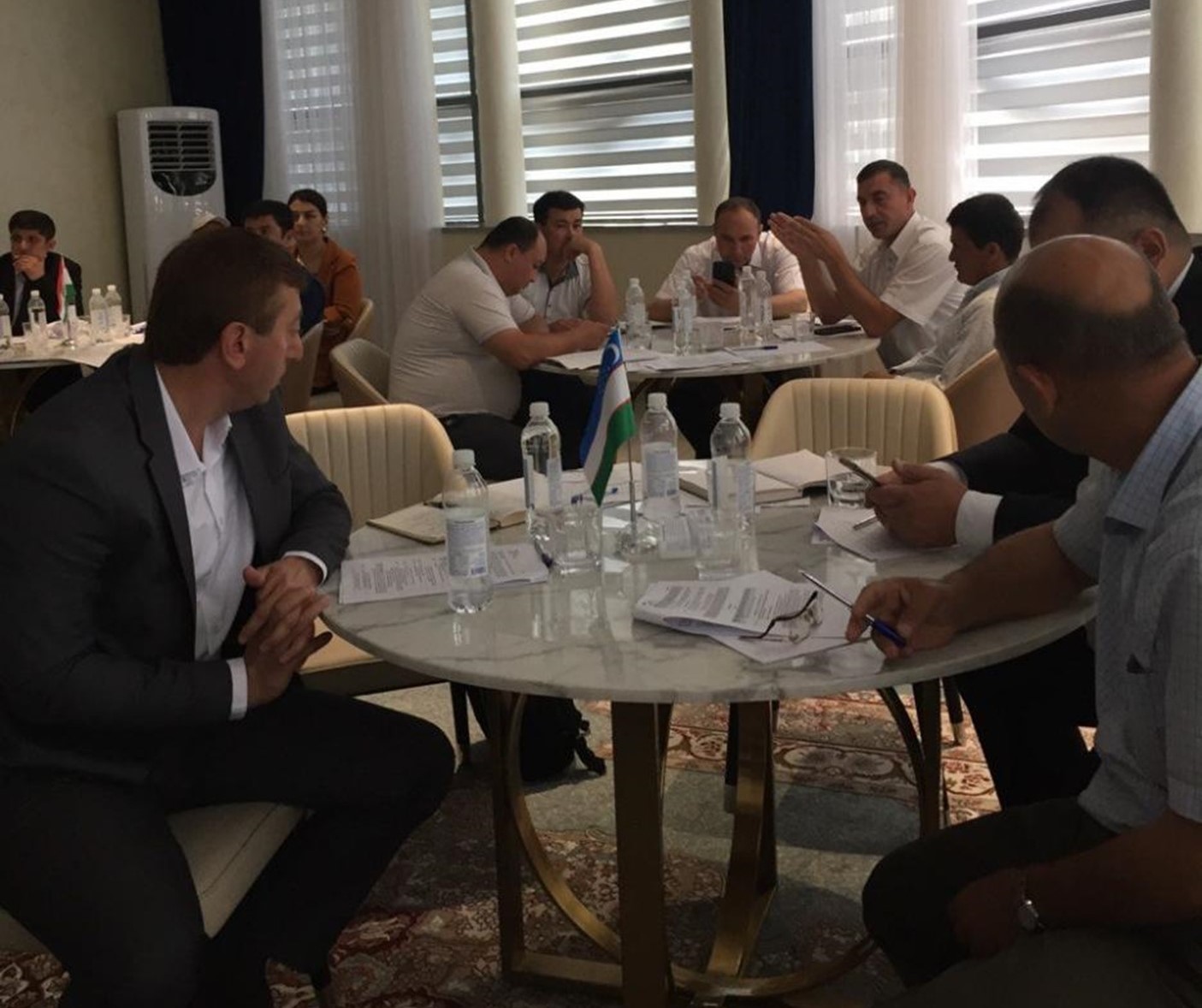The process of climate change acquires features of unevenness and progressiveness in the regional context. The purpose of the study is to examine and analyze in detail the methodology for assessing the intensity of climate change at the regional and local levels, to search for possible optimal solutions of a preventive and liquidation nature to minimize negative consequences. The study examines the issues of adaptation to global climate change in the Central Asian region, in particular.
Based on long-term observations, the degree of increase in the indicators of the warming process in certain parts of the region and the level of its impact on progressive degradation processes and melting of glacial masses have been established. It is proved that an effective assessment of the intensity of climate change can become the basis for further development of adaptation and elimination measures.
The results of the study are of great practical importance for optimizing the National Adaptation Plan and the National Drought Management Plan.
The workshop on transboundary water basins was organized on June 13-14 in Samarkand (Uzbekistan) within the framework of the project “Climate Risk Assessment and Capacity Development” (CRACD) project implemented within the framework of the GIZ programme “Climate Risk Management in Central Asia”. The project provides for a series of transboundary activities to identify and assess the risks of the Isfairam-Sai, Shakhimardan, Zarafshan, Chon-Kemin, and Mugrab water basins.
Before that, from April to May 2024, seminars were held in all participating countries at the level of the Central Asian countries. These workshops aimed to identify key stakeholders, key sources of information related to climate risks, as well as key hazards, sectors, services and key vulnerable groups that are directly affected by climate change in each water basin. The workshops were organized in close cooperation with GIZ and national counterparts in each country.
The main objective of this workshop is to jointly identify, analyze and prioritize climate risks in each selected water basin. Workshops on transboundary water basins will promote transboundary cooperation, focusing on the identification and analysis of risks and vulnerabilities exacerbated by climate change.
In July 2024, a second round of transboundary water basin workshops will be organized to shape adaptation measures for the selected five priority risks in each water basin. Within the framework of the project, the workshops will be organized in such a way that one of the two planned workshops is held on each side of the transboundary water basin.
The purpose of the Climate Risk Assessment workshops in transboundary water basins is to promote joint efforts to prioritize climate risks at the local level in neighboring countries. At the end of the event, participants will discuss and agree on common climate risks in the water basin and will have the opportunity to make informed decisions regarding the selection and implementation of adaptation measures.
Thus, the specific objectives of the first round of workshops on transboundary water basins are:
– Summarize the results of the review seminar with the participants;
– Improved understanding of the differences and commonalities of transboundary impacts;
– Joint identification, analysis and prioritization of climate risks in the basin for further work.
The national consultants of the project from Tajikistan and Uzbekistan presented to the participants the results of the data collection and analysis on the Tajik and Uzbek parts of the Zarafshan River Basin. In particular, an overview of the geographical location of the basin and its characteristics were presented. At the same time, the socio-economic aspects of development in the river basin were considered. The speakers identified the main risks and dangers that exist in the Zarafshan River basin on the Tajik and Uzbek parts, and in conclusion, a comparative analysis of these factors was carried out for the two countries. As a result of the seminar, a constructive discussion was observed between the participants from Tajikistan and Uzbekistan and visions for further work were proposed.
By Jahongir Azizov,
Director of the CAREC Country Office in the Republic of Uzbekistan

